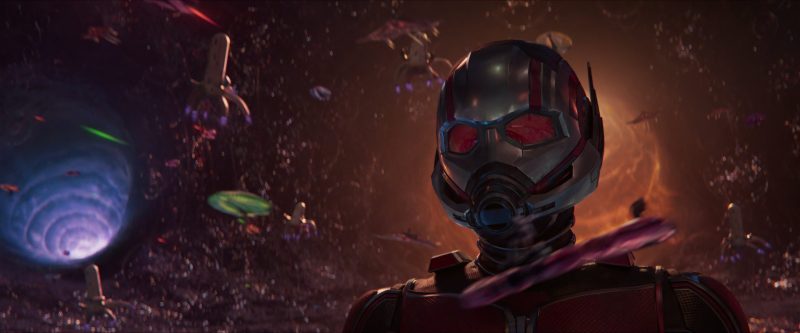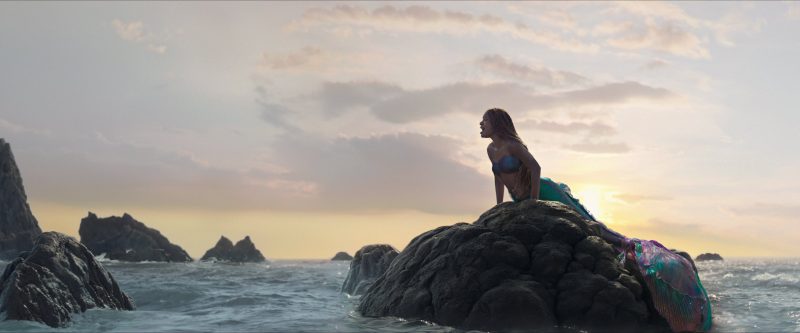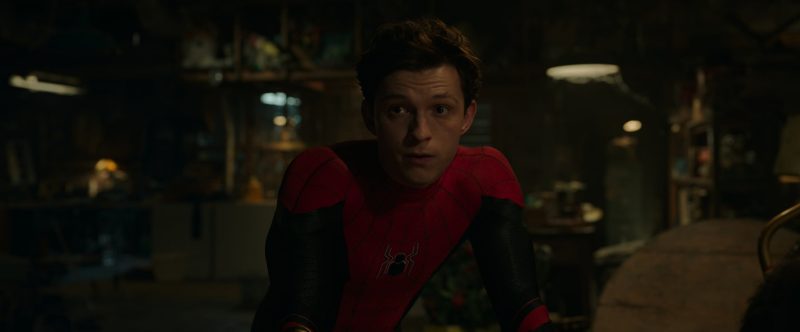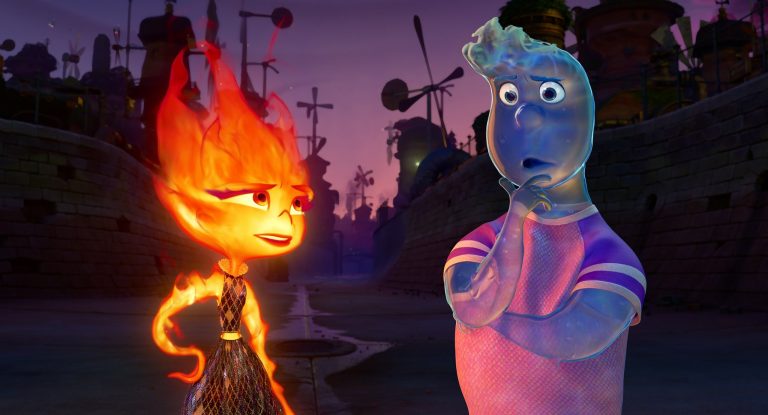Did Disney shoot itself in the foot by pulling the rights it rented out to other platforms, specifically Netflix, only to launch its own streaming service? The House of Mouse will never admit to it, but Disney’s newly-renewed CEO, Bob Iger, does sound a lot like he’s admitting there’s a flaw in the company’s aggressive push towards Disney+.
Recently, Disney’s key franchises, Pixar and Marvel Studios, have been having a tough time finding their foothold amidst a transforming market because of the rise of streaming services and the lingering effects of the years-long global pandemic.
During the Sun Valley Conference, Iger expressed his concern over the struggling titans and attributed much of their recent plight to the aggressive push towards Disney+.

Stepping back into the role of CEO late last year, Iger has struggled to steer the company through a more complicated and very different entertainment industry landscape. The two cornerstones of Disney’s expansive kingdom – Pixar and Marvel – have experienced dwindling performance and diminishing returns from their theatrical releases, namely Ant-Man and the Wasp: Quantumania and Elemental, the latter of which struggled out the gates before gaining steam in subsequent weeks.
Regardless, the executive has already identified the reason for the recent box office failures: the significant expansion of the content offered on Disney+ to meet the demands of its consumers.
Disney+, since its inception, has been an immediate game-changer in the streaming war, taking full advantage of any and every brand at its disposal, namely Star Wars, Marvel, and Pixar. However, Iger highlights that the race to harness the power of streaming has inadvertently resulted in the watering down of their core theatrical releases.

For Marvel Studios, the transition into television production, while initially exciting, seems to have backfired. The increase in production for both films and television series for Disney+ has led to what Iger describes as a “diluted focus and attention”. This decision, meant to augment the Marvel Cinematic Universe, ended up oversaturating it and made each release feel less distinctive.
Pixar faced a different set of challenges, primarily revolving around audience expectations. With three major titles – Soul, Luca, and Turning Red – going straight to Disney+ during the pandemic at no extra cost, it established an awful precedent. Thus, subscribers began to anticipate that new Pixar releases would be on Disney+ at launch if not soon after. Because of this, the urgency to watch them in theatres faded. Iger also pointed out there were a few creative missteps along the way, although it’s worth noting that the three direct-to-streaming movies received widespread acclaim, with Soul clinching the Best Animated Feature at the Oscars.
The pandemic-induced shift towards streaming has put the entire entertainment industry in a precarious position. On one hand, an aggressive pivot towards online platforms was beneficial for consumers. On the other hand, the move had major repercussions on revenue. Furthermore, the shorter exclusivity windows and higher volume of content creation – the defining traits of the streaming era – have proven challenging to monetize.

Already, some signs of course correction are apparent within Disney. Kevin Feige, Marvel Studios head, mentioned earlier this year that MCU shows on Disney+ will be more spaced out, allowing each to “get a chance to shine.” For Pixar, despite a rough start for Elemental at the box office, Disney plans to keep it in theaters, not rushing it to Disney+ in an attempt to salvage its performance – a move that, as previously mentioned, has worked wonders.
These attempts indicate an awareness of the pitfalls that the transition to streaming has presented. The task now lies in the company to convince audiences that these franchises still warrant their attention in theatres. The balancing act between the allure of streaming platforms and the splendor of the cinematic experience is indeed a delicate one. Disney’s handling of these challenges will inevitably shape the future of the industry and set a precedent for other studios navigating similar waters.
However, this diffusion of content across multiple platforms also presents challenges for consumers. The era of Netflix as a de-factor provider of streaming entertainment is long gone. Viewers now find their favorite shows and movies scattered across various services. This has prompted some to revert to physical media or digital purchases for a more straightforward and satisfying viewing experience.

Ultimately, this all boils down to the laws of supply and demand. While the world was hungry for content during the global pandemic, a glut of material has led to a dilution of quality and the loss of that special touch that defined brands like Pixar and Marvel.
It remains to be seen if Disney’s new approach going forward will work. But, then again, it might not have a choice when it comes to pushing back the release dates of its upcoming projects. The still-ongoing WGA strike has since evolved as the actors are now involved, forcing yet another delay to the production of Deadpool 3, which was the lone upcoming MCU film to have walked away from the earlier reshuffling with a positive update.

